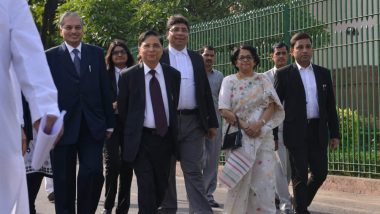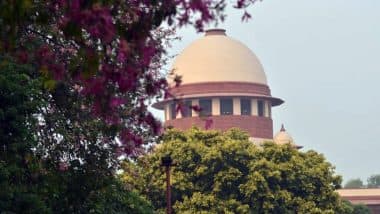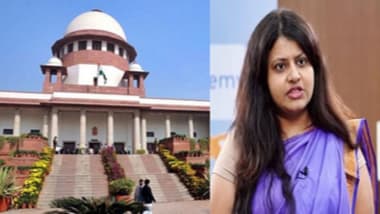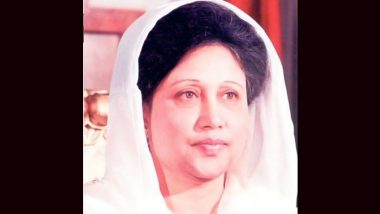New Delhi, Sep 28: Justice Indu Malhotra, the lone woman judge of the five-judge constitution bench that opened the gates of the Sabarimala temple in Kerala dedicated to Lord Ayyappa to the women in the age group of 10-50, dissented the majority judgement. Pronouncing her dissenting judgment in Sabarimala temple case, Justice Indu Malhotra said "religious practices cannot be solely tested on the basis of Article 14 of the Constitution".
"Religious practices can't solely be tested on the basis of the right to equality. It's up to the worshippers, not the court to decide what's religion's essential practice," Justice Indu Malhotra said. The dissenting judge stated that a strong case was made by for Ayyappa devotees being a separate denomination, adding that "notions of rationality cannot be brought into matters of religion".
"A balance needs to be struck between relgious beliefs on one hand and cherished principles of non-discrimination and equality laid down by Constitution on the other," Justice Indu Malhotra said. In a majority 4:1 judgment, the top court removed all restrictions imposed by Sabarimala temple with regard to entry of women between the ages of 10 to 50.
Chief Justice Dipak Misra reading out the judgment also on behalf of Justice A M Khanwilkar, said that subversion of women's rights under the garb of physiological phenomenon cannot be allowed. "All devotees are equal and there cannot be any discrimination on the basis of gender," Misra said.
Justice Rohinton F Nariman in a separate but concurring judgment said that people of all faiths visit the temples -- worshipers are not of separate denomination. "Religion cannot become a cover to exclude and deny women their right to worship," Justice D Y Chandrachud also said in a separate but concurring judgment.
(The above story first appeared on LatestLY on Sep 28, 2018 11:30 AM IST. For more news and updates on politics, world, sports, entertainment and lifestyle, log on to our website latestly.com).













 Quickly
Quickly





















